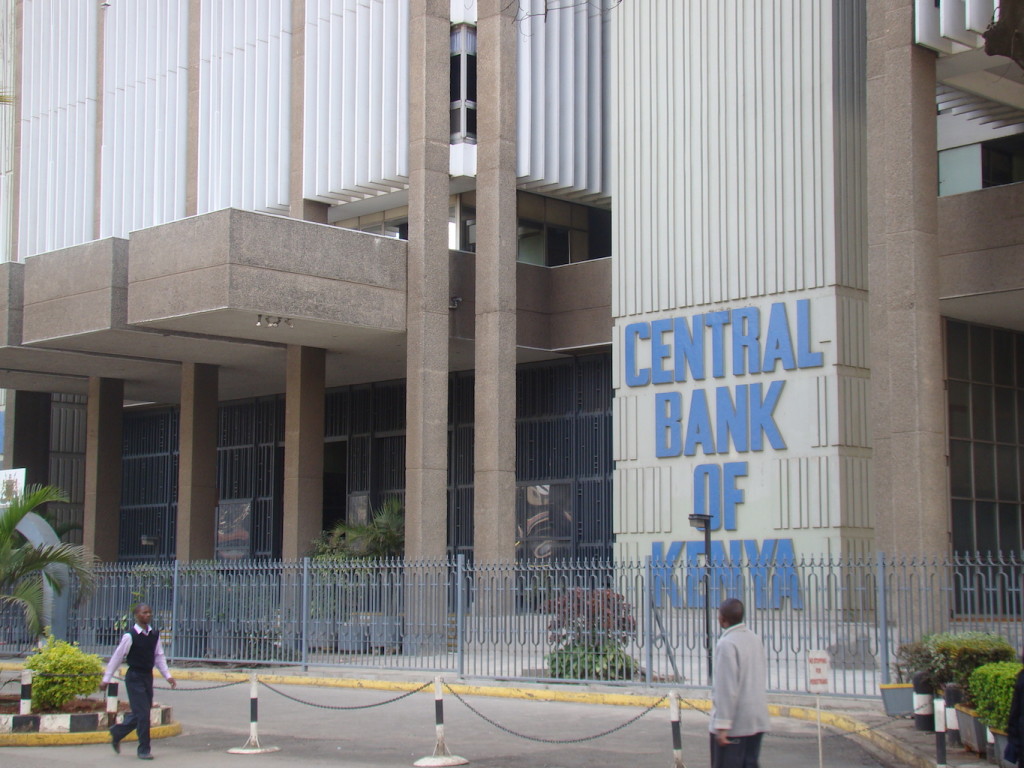- Kenya adopts global messaging standard ISO20022, which is the latest international open system for sealing financial deals.
- In the 12 months to August 2024, the country processed a total of over 5.3 million transactions valued at over Sh45 trillion for local currency transactions.
- The new standard’s rich data formats will aid in checking fraud thereby curtailing illicit transactions.
The Central Bank of Kenya (CBK) has announced a transition of the Kenya Electronic Payment and Settlement System (KEPSS) to the internationally recognized Global Messaging Standard (ISO 20022 Standard). The new system is the latest international open standard for financial messaging that is being adopted globally.
Last month, the banking industry regulator directed lenders, including microfinance institutions to start testing of the upgraded system for messaging high-value financial transactions aimed at increasing the speed of transfers while heightening the checks against fraud.
“KEPSS, which is Kenya’s Real-Time Gross Settlement (RTGS) system, is operated by CBK to process large-value and time-critical payments. It is the backbone of Kenya’s domestic and regional payment transactions,” the CBK said in a statement.
According to the regulator, KEPSS processed a total of over 5.3 million transactions valued at over Sh45 trillion (about $349 billion) for local currency transactions between August 2023 and August 2024.
Read also: Unlimit-CBK partnership expands presence in Africa’s fintech industry
Global messaging standard for streamlined processing
The migration will lead to faster settlement times, streamlined processing, and improved liquidity management for financial institutions. The Standard’s rich data formats will aid in monitoring fraud and improve the detection and prevention of illicit transactions.
CBK says that, the standardisation provided by the new platform reduces the complexity of payments and significantly enhances efficiency. The adoption of the system was supposed to go live on September 30, 2024, earlier than the deadline set by the Society for Worldwide Interbank Financial Telecommunications (SWIFT) which is at the beginning of 2025.
The ISO20022 Standard will enhance interoperability between domestic and international payment systems, facilitating easier cross-border transactions and increase the ease of doing business globally. Overall, these benefits will enhance the convenience, speed and security of payments for corporates and customers alike.
The milestone of this migration is a significant achievement in the modernisation of Kenya’s National Payments System (NPS). It positions the country as a leading and globally competitive payments destination. With this migration, Kenya joins other regional and global economies in the adoption of ISO20022 Standard for large-value payment systems.
Read also: Costly loans to persist as Central Bank of Kenya (CBK) retains high lending rates
Comprehensive financial data standard
SWIFT and other major electronic payment stakeholders have said that ISO 20022 is the way of the future as it is the most comprehensive financial data standard in existence today. By availing richer more detailed data, it can drastically reduce the incidence of fraud and cyber-crime throughout domestic, and international high-value payments.
The adoption of the ISO20022 Standard is a key component of the National Payments Strategy 2022 – 2025, and builds upon major initiatives led by CBK in conjunction with the industry. This includes the migration of the Cheque Clearing House to the ISO20022, among others. CBK has directed banks to inform their customers and provide necessary support to ensure seamless service.
“CBK is committed to continuous improvement and renewal of Kenya’s payments infrastructure to meet the evolving needs of the economy and support the country’s vision of becoming a global financial hub,” CBK noted.
ISO 20022 standard impact on financial institutions
The global adoption of the ISO 20022 standard will have an immense impact on financial institutions and other electronic payment platforms, corporations, and any business with a stake in financial services and the large value payments industry. SWIFT and other major electronic payment stakeholders have said that ISO 20022 is the way of the future as it is the most comprehensive financial data standard in existence today.
By availing richer more detailed data, it can drastically reduce the incidence of fraud and cyber-crime throughout domestic, and international high-value payments.
However, the ISO 20022 standard is not only used for payments; It is set to become the leading messaging standard across the wide breadth of the global financial services industry, enabling a common understanding and interpretation in diverse areas including securities, trade services, Forex, card payments and related services.
ISO 20022 will help to reduce financial liability, throughout the global financial industry, every payment gateway, and multiple technology solutions.
Stringent application of the Standard could cause teething problems as it is rolled out to the chagrin of many legitimate customers. It remains a delicate operation which with time many hope will run smoothly and indeed help banks and other financial institutions know their customers better.
Industry experts hope that it will ensure speed, stability and openness on all electronic payment platforms in financial institutions.
Globally, many countries and firms have already adopted the ISO 20022 standard by heavily investing in technology upgrades, but many industry challenges remain especially in jurisdictions that will take longer to domesticate the standard and where technology is still in its nascent stages. However, it is hoped that a majority of countries will be onboard by 2025.











